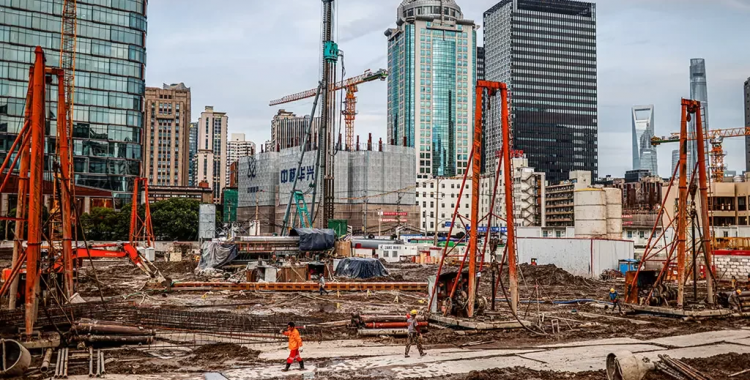In general terms, all eight Portuguese-speaking countries rose in the 2022 ranking of the "One Belt, One Road" Infrastructure Development Index, the initiative announced by Chinese President Xi Jinping in 2013 and which involves 71 countries in the Beijing's international strategic plan to develop maritime, road and rail links, but also investment in energy resources.
In the ranking led by Indonesia, the Philippines and Malaysia, Brazil (12th) is the best-placed Portuguese-speaking country. Among the Portuguese-speaking countries, Angola (22nd), Portugal (28th), Cape Verde (53rd), Mozambique (54th), Timor-Leste (63rd), São Tomé and Príncipe (69th) and Guinea-Bissau (70th).
The index assesses the environment, demand, responsiveness and costs for infrastructure development in these 71 countries. The higher the score, the better the outlook for a country's infrastructure industry, and the more attractive it will be for companies to engage in investment, construction and operations in this area in those territories.
Portugal is among the Portuguese-speaking countries, from the perspective of the Chinese report, the one that appears with the best score in the development sub-index associated with the environment, which aggregates political, economic, sovereignty, market impact factors, as well as business scenarios. and industrial.
Portugal is also better placed among Portuguese-speaking countries in the sub-index related to costs, operational and financing.
Angola stands out the most in the demand sub-index, which combines factors such as demand and potential market.
Brazil, on the other hand, leads among Portuguese-speakers in the sub-index dedicated to local receptivity and short-term enthusiasm for infrastructure investment, calculated, for example, based on the value of new contracts.
In global terms, the report notes that there is a "slight recovery" in the index, "thanks to greater demand and enthusiasm/receptivity for the construction of infrastructure in the 71 countries".
Even so, "oscillations in great power relations, setbacks in the global economic recovery and the slow exit from the covid-19 pandemic since the beginning of the year have cast a cloud over the future of infrastructure", he pointed out.
"One strategy for international infrastructure stakeholders is to seize the opportunities brought by the new round of technological revolution and energy transition, adapt to the 'new normal' of epidemic prevention and control, and pursue high-level, sustainable and sustainable progress. people-centered," the report concludes.
The report also notes that the "One Belt, One Road" initiative is facing "challenges such as scarcity of funds, rising costs, security risks and environmental degradation" and that "in the short term, the effects collateral damage from the Russia-Ukraine conflict and the recurring outbreaks of Covid-19 will disrupt international cooperation in the area of infrastructure and delay recovery and development."
The authors of the document warned that "rising prices of major commodities, intermediate goods and international shipping will further increase infrastructure construction costs" and that "the global environment for infrastructure financing could continue to deteriorate". deteriorate as the economic policies of some developed countries will make life more difficult for the developing world".
And, "in the long term, the games of the great powers, climate change and the global economic imbalance will add uncertainty to the development of regional and international infrastructures".
Against this backdrop, "for infrastructure associated with 'One Belt, One Road', high-quality development remains a distant future", the report warns.
The document was presented at the International Forum on Infrastructure Investment and Construction. At the opening of the event, the deputy minister of Commerce of China, Li Fei, informed that the country has invested US$178.8 billion abroad this year.







